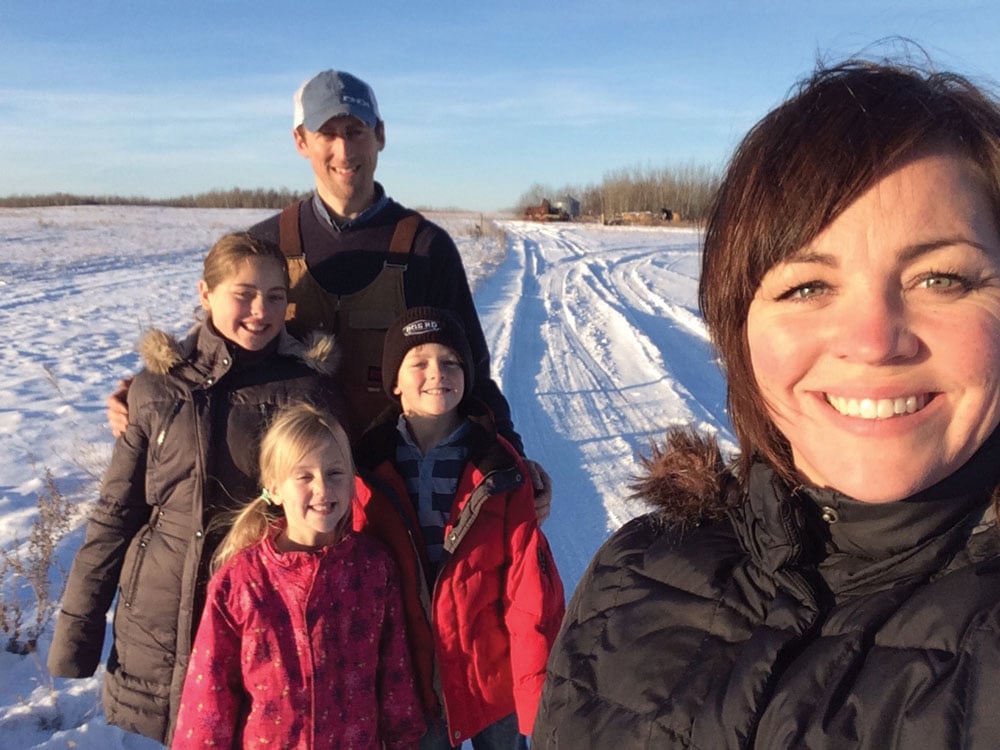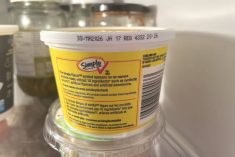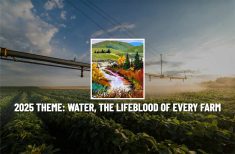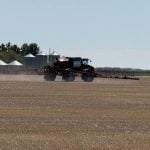In a season where most people spend more, the Ruzicka family is learning to live with less. Shannon and Danny Ruzicka and children Madalynne, Joshua and Molly have been living on local foods since August.
“Our experiment is to live off the Albertan land for a year — we live off what we grow, raise or forage ourselves, or what we can buy directly from another farmer,” said Shannon Ruzicka, who owns and operates Nature’s Green Acres with her family near Viking.
The family raises grass-fed beef and pastured pork, and also has a large vegetable garden, milk cow, and laying hens. But the inspiration came from a documentary about rural Guatemalans living on $1 a day and the biography of Ruzicka’s great-grandfather and his hardships as a pioneer who moved from Russia to Manitoba.
Read Also
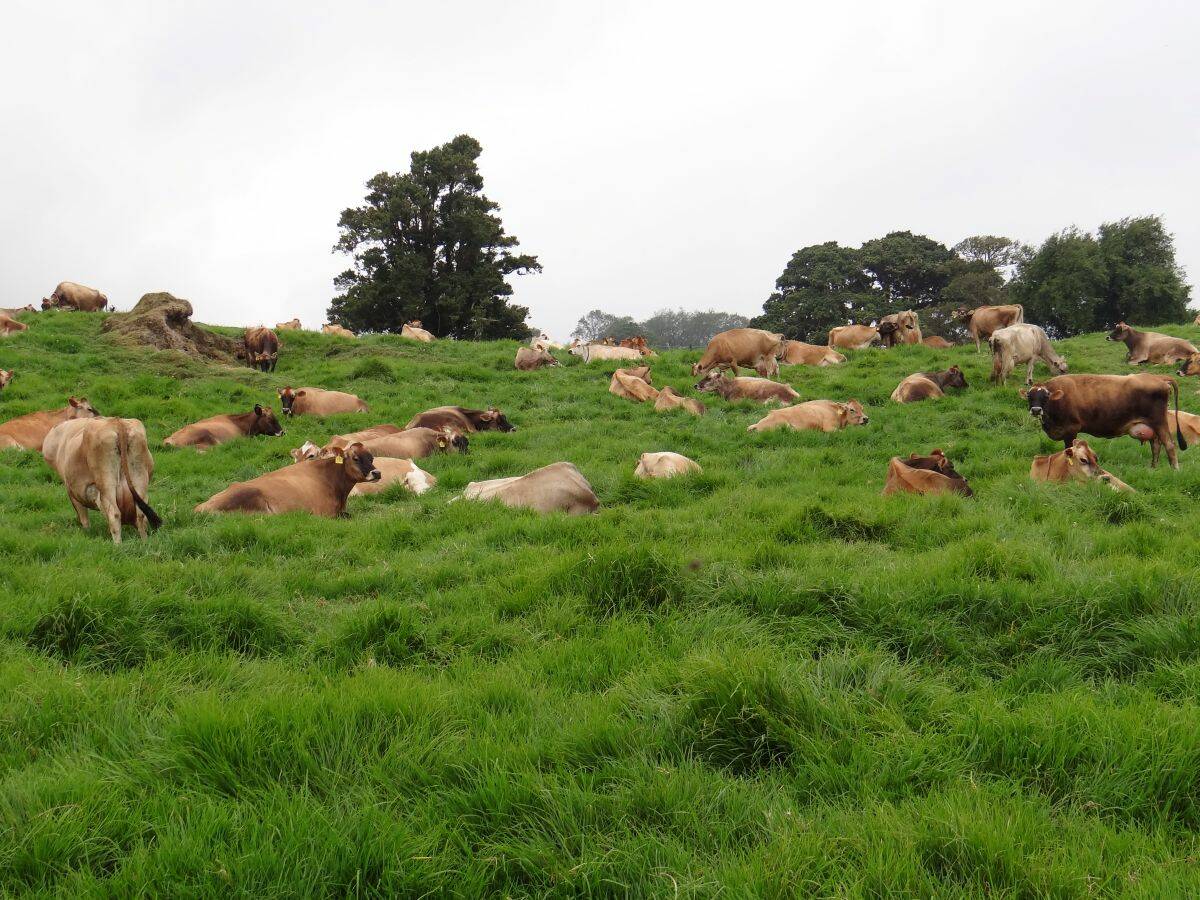
Is inflammation the real cause of milk fever in cattle?
UAlberta researcher Burim Ametaj’s theory challenges 200 hundred years of science and his work may change the approach for treatment.
“As we discussed the pioneer world and the documentary, we started talking about how we have all these modern conveniences like vehicles, freezers and power, and how we can’t even feed ourselves,” she said. “We’re in the land of plenty. There is food and farmers and farmers’ markets everywhere.”
Since mid-August, the family has only sourced food products grown in Alberta, with two exceptions: sugar and salt, which are needed for preserving. They’re also forgoing activities such as going to the movies and restaurants or shopping.
“It’s only about buying what’s a necessity and not focusing on anything else. Allowable purchases are business expenses,” she said.
But it’s not a life of austerity. They accept gifts of food from friends, use modern technology, and the kids participate in regular extracurricular activities such as taekwondo, gymnastics, and skating.
Still, the new lifestyle was a challenge and came with a big learning curve — such as making cheese without rennet and culture, and breads without baking soda. The family did a lot of research, and got many ideas from the Internet and books such as The Little House on the Prairie series.
They also discovered that the food of yesteryear is “incredibly different from most modern food.” Bread, for example, is more sour and dense, said Ruzicka.
Of course, a big vegetable garden is key — and both their freezer and root cellar are well stocked. The family has also got to know a lot of producers of local food.
Socializing also presents challenges.
“If we invite somebody over for supper and they want wine, they have to bring it, otherwise we will be drinking water,” she said.
Guests who stay overnight have to bring their own coffee if they want a cup of joe in the morning.
“I hate that aspect of it because I feel like a mooch,” said Ruzicka. “The point isn’t to live off of other people, but it’s just those little creature comforts that are expected in entertaining or when out with friends.”
But the experiment has been worth it, she quickly added.
“We’re really enjoying it all around, other than the inconvenience of it. We’re enjoying the food, there is so much flavour in everything. We’re also enjoying thinking out of the box and making things up as we go.”
The children love the educational aspects of the experiment.
“They’re right in there, helping me with stuff and wanting to do things. Every once in a while, one of them will say, ‘We’re so lucky. Most people don’t know how to do this.’ And I say, ‘You’re absolutely right.’”
It has also brought them closer together as a family. Danny, who works as a farrier, is gone a lot of the time, and used to just grab dinner on the road and work late. Now, he’s spending more time at home. Since the family is focused on activities that don’t involve consumption, they spend more time together playing board games and cards.
It has also changed how the family thinks about food as they’ve had to learn how to preserve and store things.
The Ruzickas will celebrate Christmas in a normal fashion, sharing food brought over by family members, and accepting invitations from others.
Looming not so far ahead is April, which was known in pioneer days as ‘starvation month’ because the winter food supply is almost gone, and it’s still too early for things to grow.
“We’re a little bit nervous about it, but at the same time, we live in the land of plenty,” said Ruzicka. “If we didn’t buy enough carrots or put up enough potatoes, I’m sure there will be some grower who will have potatoes in storage that we can buy from.
“There is somebody who will have abundance.”


